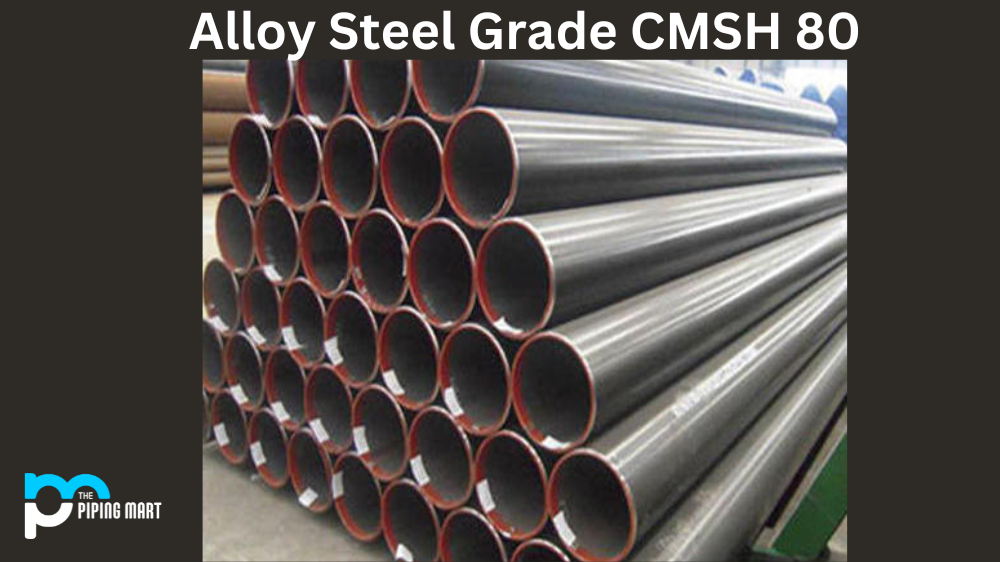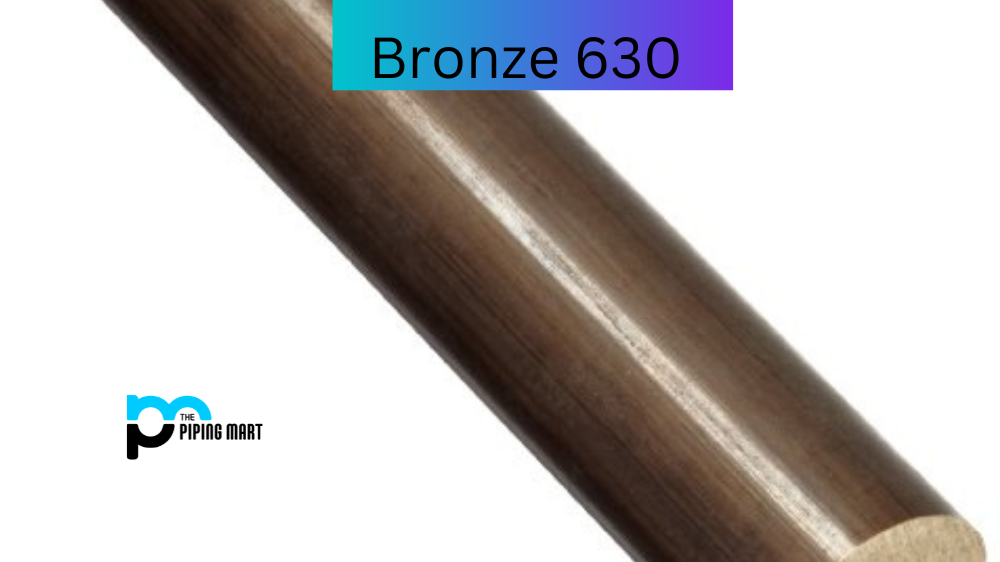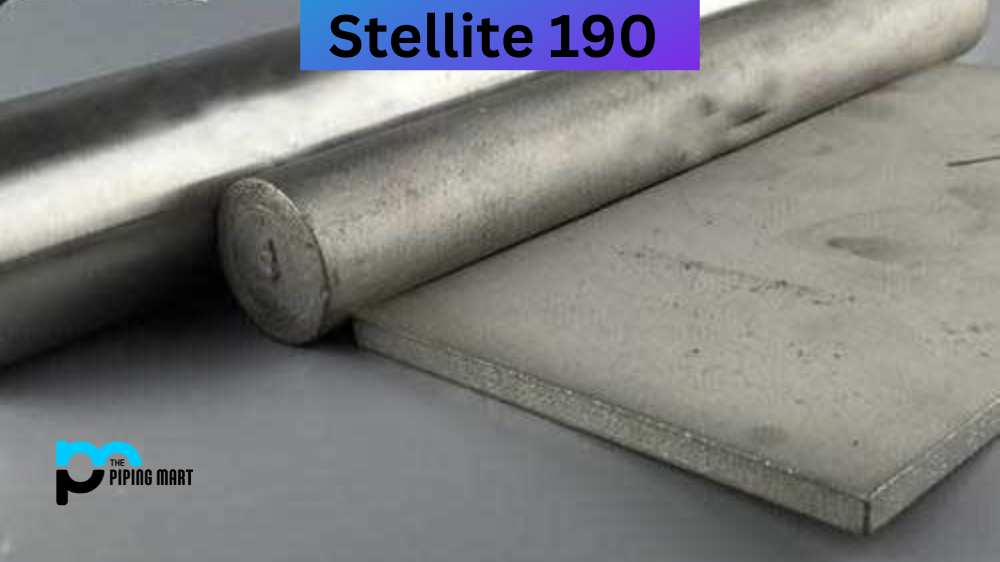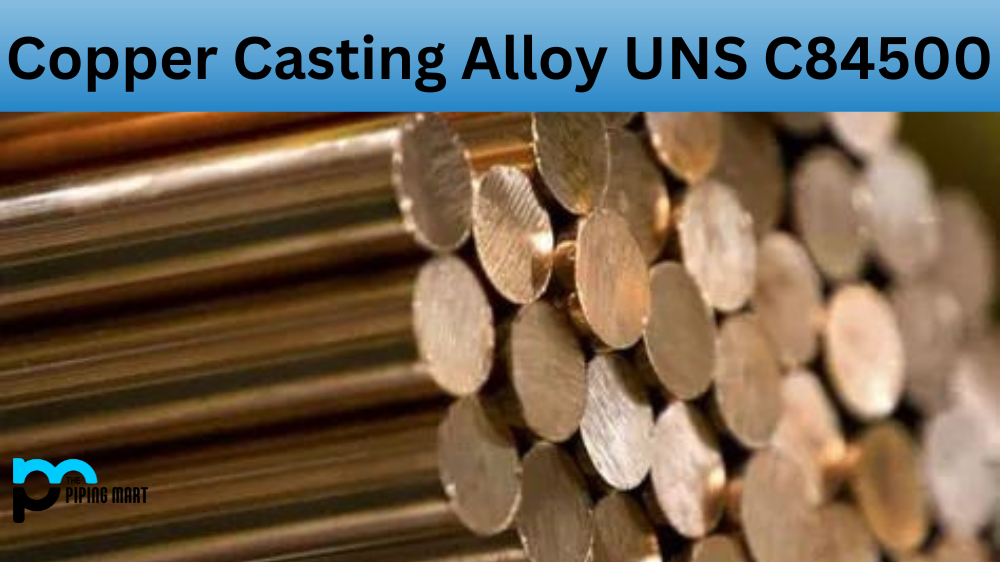Alloy steel grade CMSH 80 is a versatile material that is widely used in the construction, automotive, and aerospace industries. This type of alloy steel has excellent physical and mechanical properties as well as excellent corrosion resistance and heat resistance. In this blog post, we’ll explore the composition, chemical properties, mechanical properties, physical properties, uses, corrosion resistance, heat resistance, heat treatment, machining and welding of alloy steel grade CMSH 80.
Composition
Alloy CMSH 80 contains iron (Fe) as its base metal which is combined with carbon (C), manganese (Mn), sulfur (S), phosphorus (P), silicon (Si), chromium (Cr) and molybdenum (Mo). The composition of this alloy provides it with excellent strength and toughness at high temperatures.
Chemical Properties
The combination of these elements makes grade CMSH 80 resistant to corrosion and oxidation. It also has good dimensional stability when exposed to extreme temperatures. This type of steel also has good weldability due to its low carbon content which minimizes the formation of carbides during welding.
Mechanical Properties
This type of alloy cmsh 80 steel has outstanding tensile strength, reaching up to 1,100 MPa and yielding up to 900 MPa. Its elongation at break can range from 25-35%, depending on the hardness level applied during production. It also has a good impact energy value between 20-40 J/cm2 depending on the same conditions applied during production.
Physical Properties
Alloy steel grade CMSH 80 can be produced in various shapes such as bars, plates or sheets and it can be annealed for further work hardening if necessary. The color of this alloy is silver gray with a slight blue tint but it can vary depending on the surface treatment applied after production.
Uses
Alloy Steel Grade CMSH 80 is valued for its wide applications in the engineering and manufacturing fields. It has grown in popularity amongst professionals due to its superior strength and excellent corrosion resistance, making it an ideal choice for high-stress and extreme environments. Its mechanical properties make it desirable for a variety of tasks, whether it’s used as an inner or outer bearing race, a piston duty part, or to make razor sharp cutting blades. This steel grade is also used in structural components such as tubes, sheets and plates, fasteners, springs and forgings — even varying parts that power hydraulic machinery. Cost effectiveness and reliability are just two more features why many manufacturers opt to utilize Alloy Steel Grade CMSH 80 time and time again.
Corrosion resistance
CMSH 80 is a popular alloy steel grade for consumers seeking corrosion resistance. Manufacturers also frequently use CMSH 80 in a variety of applications, from automotive parts to components used in the chemical and energy industries. Its superior corrosion resistant properties make it very attractive, especially when exposed to harsh temperatures and intense conditions over long periods of time. Additionally, its weldability and machinability improve manufacturing efficiency and end-product quality, making it an astute choice when undertaking numerous commercial and industrial projects.
Heat Resistance
Alloy steel grade CMSH 80 is a highly versatile and heat-resistant material. Its high strength-to-weight ratio makes it ideal for a range of applications, including those subject to extreme temperatures or intense stress. It is an incredibly durable material that can withstand even the harshest of elements, allowing it to be used in the construction of industrial machinery, automotive components, and aerospace equipment. Thanks to its excellent heat resistance, CMSH 80 can even operate at temperatures up to 900°C without losing its strength or form. This makes it ideal in numerous scenarios and ensures that any equipment built with it will maintain optimal performance and keep working effectively.
Heat Treatment
The proper heat treatment for alloy steel grade CMSH 80 should be carefully considered when looking to maximize its strength, hardenability, and corrosion resistance. This grade of steel has higher carbon content than other grades of alloy steel, and that higher level of carbon can cause this steel to become brittle if not treated properly. To achieve the best results, preheating, quenching, and tempering are recommended to optimize the properties without compromising performance. Heat treatment with alloy steel grade CMSH 80 can result in increased service life and improved durability while delivering on expectations set out by the application.
Machining
Machining with alloy steel grade CMSH 80 can be a tricky process. Even experienced machinists can need help locating the ideal speeds and feeds that enable quick, efficient work. However, the results can be astonishing when the right procedure is properly implemented. The combination of strength and easy-to-machine characteristics of alloy steel grade CMSH 80 makes it an ideal choice for a huge variety of precision parts manufacturing applications. By exploring different approaches to this alloy steel’s machining requirements, manufacturers are often able to realize desired high performance results with minimal waste and improved turnaround times.
Welding
Welding is a critical process for the construction of many objects and products—especially when it comes to alloy steel grades like CMSH 80. This type of steel must be welded with great care to ensure the weld is strong, precise, and reliable. Welders must take special measures while welding CMSH 80, such as preheating the material before welding and making sure to keep heat levels at optimal ranges throughout the entire welding process. Otherwise, fractures and other defects can occur, resulting in costly repairs or replacements down the line that can be easily avoided with proper care. In any case, using this alloy steel helps ensure quality and longevity for all projects, from sculptures to bridges.
Conclusion
All in all, alloy steel grade CMSH 80 is an extremely versatile material that can be used in many industries due to its excellent physical and mechanical properties, corrosion resistance, and heat resistance capabilities. With proper machining techniques and welding processes, this type of alloy can provide reliable performance throughout its lifespan, making it an ideal choice for engineers looking for a durable solution for their applications. To learn more about this material or other types of alloys, please contact your local supplier for more information!

Meet Bhavesh, a seasoned blogger with a wealth of knowledge and experience. From metal products manufacturing to retail, Bhavesh has a diverse background in various industries and is dedicated to sharing his insights and expertise with readers.




